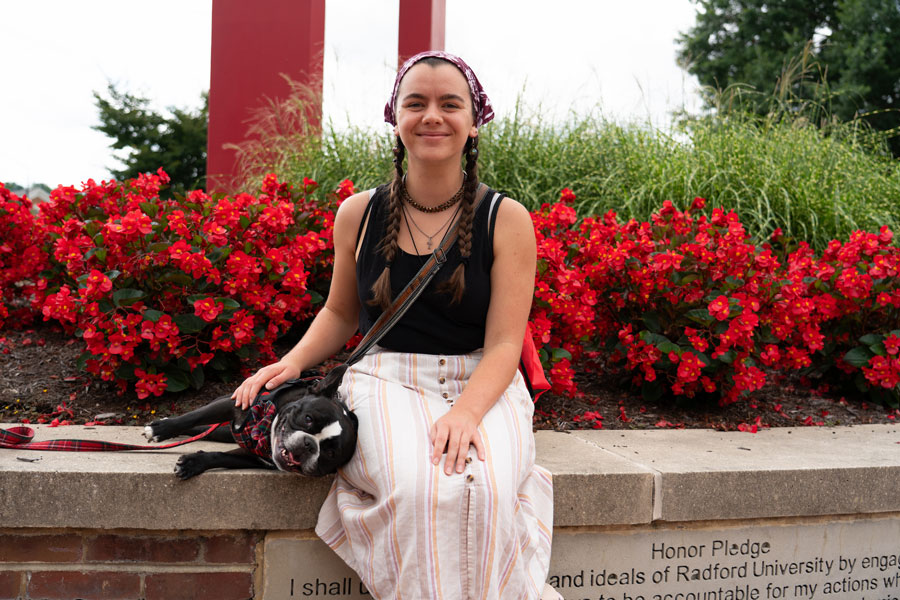Radford University
Radford News
2025 Top Adventure College
#1 in the Southeast and Mid-Atlantic
Thanks to the strong support from students, faculty, staff, alumni and fans, Radford rose to the top for its incredible access to outdoor recreation, thriving campus culture and commitment to adventure. With the New River and Blue Ridge Mountains as our backyard, there's no better place to learn and explore.
Latest News
-
Radford University adds online MBA in innovation
September 12, 2025
Radford University is expanding access to cutting-edge business education with a new online Master of Business Administration (MBA) concentration in Innovation.
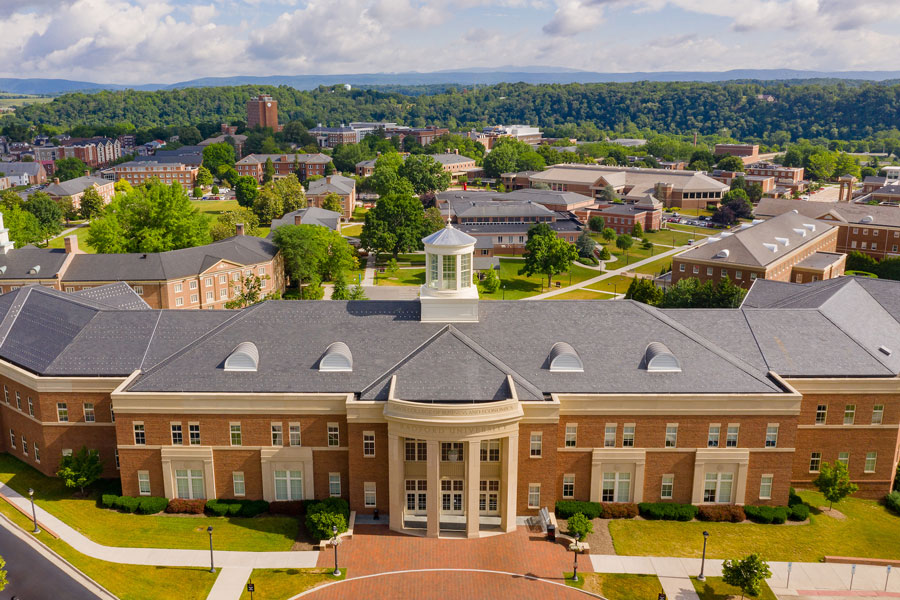
-
Radford’s SAVES program engages community leaders through powerful documentary screening
September 11, 2025
Radford University’s Substance and Violence Education Support Services (SAVES) hosted a screening of the documentary “Inheritance” on July 29 in Kyle Hall.
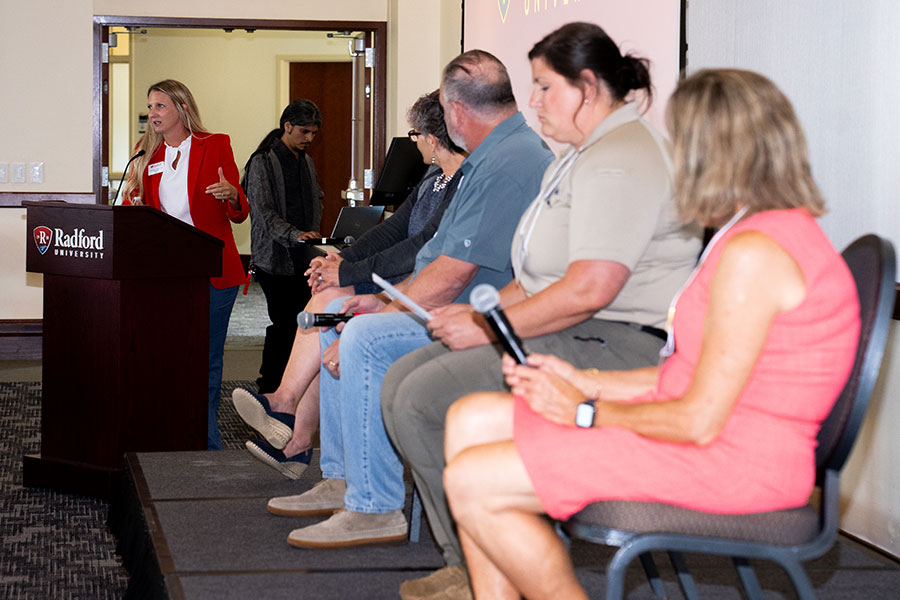
-
Radford University achieves enrollment milestone
September 11, 2025
Radford University continues to demonstrate strong momentum in student enrollment, meeting and exceeding goals for the 2024–25 academic year.
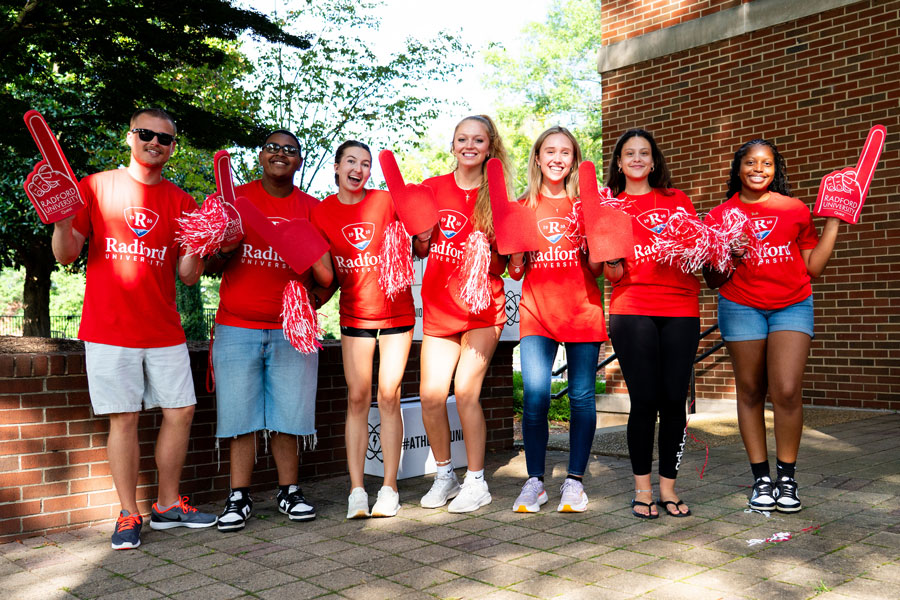
-
Geospatial science student’s research branches out to Zambia
September 9, 2025
Geospatial Science major Kiara Bartoli spent the summer in Zambia working on a project aimed at reconstructing the history of precipitation in sub-Saharan Africa.
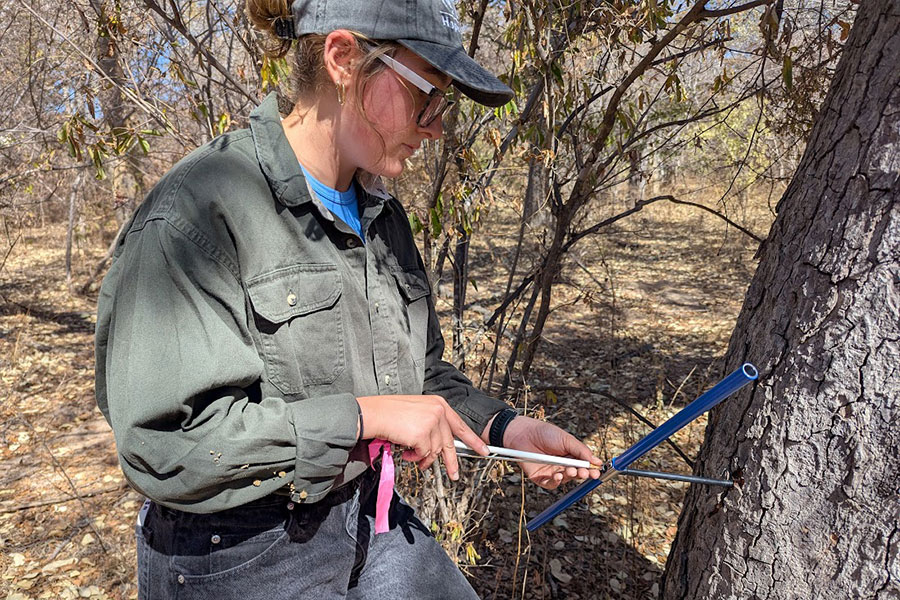
-
Radford University Board of Visitors to meet Sept. 10-12, 2025
September 8, 2025
The Radford University Board of Visitors will hold its quarterly meeting on Sept. 12, 2025 beginning at 9 a.m. in Kyle Hall, Room 340.

-
Highlander Highlights: Week of Sept. 1, 2025
September 5, 2025
Highlander Highlights shares with readers some of the extraordinary accomplishments happening on and off campus through the tireless work and curiosity of our students, faculty, staff and alumni.

-
Advancement and Alumni Relations closed fiscal year 2025 with record giving and impact, marking another successful year of philanthropic support and alumni engagement.
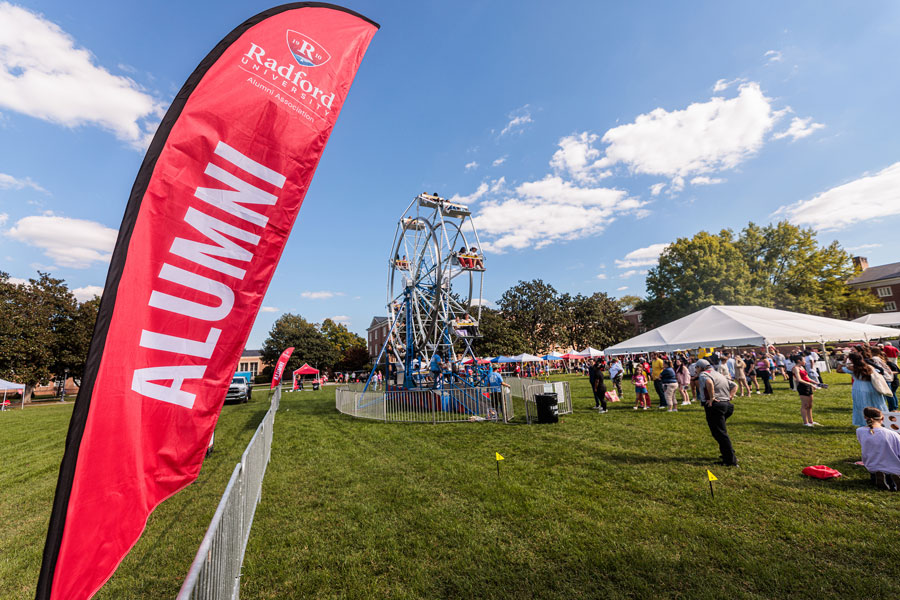
-
Radford University welcomes first Tartan Transfer student
September 3, 2025
Ruby Dowd is the first student to officially enroll at Radford through the Tartan Transfer program, a landmark partnership with eight community colleges.
